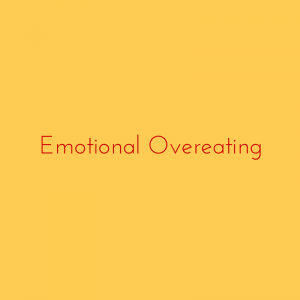Wow! This year really flew by! Can you believe we’re already at the end of 2017?
I’ve covered a bunch of different topics on the blog this year. You can find them here, all in one place. Now, you can look back with me and see everything we covered with ease!
If you’ve been reading for a while, you can revisit some past favorites or refresh your memory on any of the topics that speak to you. If you’re new here, this is a great place to get to know what I’m all about and become familiar with my style. My goal is to work collaboratively with clients to reduce food and weight preoccupation and teach clients to trust their bodies, rather than a diet, to know how to feed themselves.
First off, make sure you check out 5 reasons not to diet in 2017!
It’s relevant for every year, not just 2017. Since we’re heading into the season where everyone and their brother will be talking about their New Year’s Resolutions it’s good to have these facts in mind to support you in your choices.
Don’t suffer in silence!
The theme for National Eating Disorder Awareness week this year was “It’s Time to Talk About It.” Check out this post for the best place to get started on your journey.
Are you ready to break up with dieting?
Learn about what intuitive eating is, and the 10 basic principles that can help you get off the diet roller coaster for good.
There are a lot of questions you can ask yourself about your relationship with food.
Do you feel out of control with food? Is the good-bad food trap ruining your relationship with food? Are you an emotional eater?
Diet culture is everywhere these days.
It surrounds us on social media, on TV and in movies. It’s even present in the interactions we have with others. It’s important to understand that dieting is hazardous to your health. There are lots of myths and inaccuracies floating around that people use to justify diet culture and that lead to misunderstanding eating disorders, such as anorexia nervosa and binge eating disorder. Eating disorders don’t just affect teens- they are common in midlife, in people who suffer from anxiety disorders, and can even occur in people who are perfectionists.
There is hope.
Eating disorders are treatable, and there are resources available for people who are ready to ditch diet culture. It’s possible to like your body better without having to change it!
Let me know if there are any topics you’d like me to cover in 2018. Don’t forget to share your favorite posts with friends and family!




